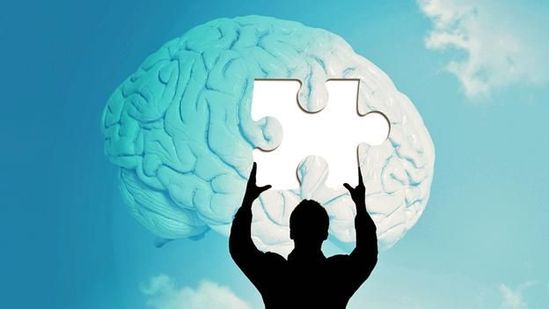(单词翻译:单击)
People who tell small, self-serving lies are likely to progress to bigger falsehoods, and over time, the brain appears to adapt to the dishonesty, according to a new study.
一项最新研究表明,如果人们说一些利己的小谎言,就有可能发展成更大的谎言,随着时间的推移,大脑会适应这种不诚实。
The finding, the researchers said, provides evidence for the "slippery slope" sometimes described by wayward politicians, corrupt financiers, unfaithful spouses and others in explaining their misconduct.
研究人员表示,该发现为"滑坡谬误"提供了证据,这种谬误有时会在反复无常的政客、腐败的官员、不忠的配偶以及其他人解释自己的不当行为时出现。
Dishonesty has been difficult to study. Using brain scanners in a lab, researchers have sometimes instructed subjects to lie in order to see what their brains were doing.
不诚实很难研究。研究人员有时在实验室里让受试者说谎,并使用脑部扫描仪观察其大脑活动。

Dr. Sharot and her colleagues devised a situation that offered participants the chance to lie of their own free will, and gave them an incentive to do so.
沙洛特博士和同事们设定了一个情境,为参加者提供自愿说谎的机会,并激励他们这样做。
Participants in the study were asked to advise a partner in another room about how many pennies were in a jar.
这项研究的参与者被要求就罐子里的硬币数量为另一个房间里的伙伴提供意见。
When the subjects believed that lying about the amount of money was to their benefit, they were more inclined to dishonesty and their lies escalated over time.
当受试者认为就硬币数量而说谎对自己有利时,他们倾向于变得不诚实,他们的谎言也会随着时间而升级。
These findings suggested that the negative emotional signals initially associated with lying decrease as the brain becomes desensitized, Dr. Sharot said.
沙罗特博士称,这些发现表明,最初与说谎有关的消极情绪信号会随着大脑变得麻木而减少。
Dr. Garrett said he hoped that the study could be repeated in other, more realistic settings, and that another study could be done to look at what might stop people from escalating their dishonesty.
加勒特博士表示,他希望这项研究能在其他更真实的环境中重复进行,可以再做一项研究来观察怎样阻止人们变得不诚实。


